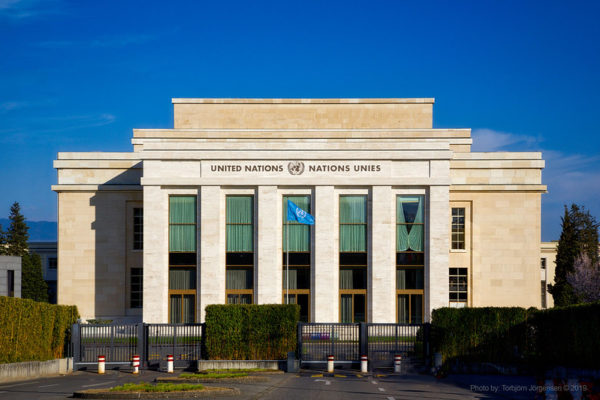
March 31, 2019- United Nations, Geneva / Torbjorn Toby Jorgensen (Flickr)
by John Clark
In 2003, then-United Nations (UN) Secretary General Kofi Annan decided it was a priority for the UN to rethink how it engages with civil society and other stakeholders. He established a high-level panel, under the chairmanship of Fernando Henrique Cardoso (former President of Brazil), to provide guidance.
Titled “The Panel of Eminent Persons on UN-Civil Society Relationships,” this group aimed to consider potential key reforms based on best practice within the UN system, examples set by other international organizations, and wide consultation.
The panel–widely known as the Cardoso Panel–and its secretariat started with a broad view of the evolving theories of democracy and citizen voice. In particular it analyzed three key phenomena in today’s globalized world:
- A mounting dissatisfaction with “delegatory democracy” and the ascendance of deliberative democracy, in which those who are particularly impacted by or with specialist knowledge of a given issue should have the opportunity to be consulted on and influence decisions concerning those issues
- Increasing evidence that decisions and processes that are multi-stakeholder are more robust and more widely supported by the public
- The increasing importance and democratization of information in the twenty-first century polity
Former Director of the Panel Secretariat John Clark wrote a report summarizing the panel’s work and main ideas.
John Clark is the former chair of PTF, and served as director of the UN panel’s secretariat. His report on the panel’s main work and ideas was written at the invitation of the UN Career Records Project – an archive housed at the Bodleian Library, Oxford.
The views expressed in this article are solely those of the author and do not necessarily reflect the official policies of PTF.
You can follow the Partnership for Transparency on Twitter @PTFund and on Facebook at Partnership for Transparency Fund.

